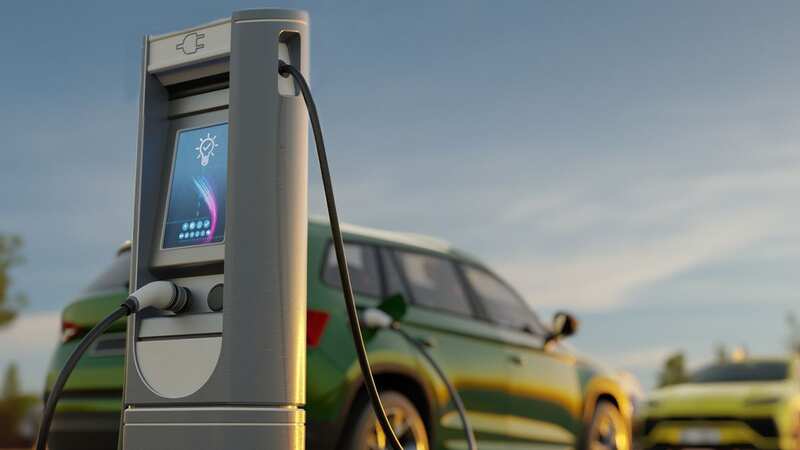

As Brits socialise more in the run-up to Christmas, research has found this is a prime time of year – for myths and misconceptions about electric vehicles to spread.
A survey of 2,000 motorists revealed that 16% reckon they are more likely, during the festive season, to hear something about electric cars, that may not be entirely accurate.
And the most common places for these mistruths to spread include at the pub (17%), or on social media (34%). As a result, almost a third of those polled (30%) feel that EVs are generally viewed negatively among the British public – although 74% admit their knowledge of these cars is tenuous.
So, to help debunk some of the common myths, used car dealer, heycar, which commissioned the research, has published an EV guide, helping to set the record straight.
The guide addresses mistaken beliefs including the electricity grid not being able to handle an increase in electric cars, and EVs breaking down more, or being at a higher risk of catching fire, compared to normal cars.
 Gales, snow and rain to batter country today with 80mph wind gusts
Gales, snow and rain to batter country today with 80mph wind gusts
Meanwhile, one in 10 (11%) believe that EVs only last a couple of hours once charged, while 35% were unsure how long they could drive for on one charge.
 And one in six feel the pub is the most common place for such misconceptions to be spread (PinPep)
And one in six feel the pub is the most common place for such misconceptions to be spread (PinPep)Phil Hall, senior editor at heycar, said: “There’s still a huge amount of inaccurate information floating around about EV ownership, and concerns around reliability are a prime example.
“Most manufacturers provide a minimum eight-year, 100,000-mile, warranty on batteries – that’s longer than most combustion engine warranties. And compared to a petrol or diesel engine, there’s significantly fewer moving parts on an EV – meaning there’s much less chance of something breaking, or needing to be replaced.”
It also emerged that 55% are relieved at the recent petrol ban delay, as they don’t think they could afford an electric car any time soon. But there is uncertainty around running costs, with half believing that they are more expensive to run – when, in reality, there could be savings to be made.
The heycar spokesman said: “It’s understandable that the cost of transitioning to an EV is a big concern right now, but there are some great options on nearly-new EVs – and you could even end up paying less for one, compared to a petrol or diesel equivalent.
“It’s not just the upfront cost of ownership where you could save money, either – as, depending on how many miles you cover each year, your running costs could easily be more than half of what they are right now.”
However, 40% of those who took part in the study, carried out by OnePoll.com, said they’d be more inclined to switch if there were more charging ports and stations around.
And when it comes to topics they feel more confident discussing than electric vehicles, 42% claim to know more about interest rates, while 31% feel they have better knowledge about mortgages – and politics (38%) and taxes (30%) emerged as other things they know more about. As such, almost seven in 10 (69%) reckon the government could do more to offer grants for drivers to make the switch to an electric car.
The spokesman for heycar added: “We’ve all come across people on social media, or at the pub, who tend to share misconceptions about topics they're not actually that familiar with, or qualified to talk about. That’s why we’re starting out on a myth-busting mission, to be a source of fact amongst the EV fiction.”
THE TOP FIVE ELECTRIC VEHICLE MISCONCEPTIONS, DEBUNKED:
 Tips to stop windscreen freezing and prevent blades from sticking to window
Tips to stop windscreen freezing and prevent blades from sticking to window
- The battery needs changing every two years: Most manufacturers provide a minimum eight year/100,000 mile warranty on batteries, which is longer than most combustion engine warranties.
- The electricity grid won't be able to handle the increase in EVs: According to the National Grid, this won’t be a problem.
- EVs are at higher risk of catching fire: Recent studies have shown EVs are actually less likely to catch fire than petrol cars.
- EVs break down more than normal cars: As they have fewer moving parts, EVs have actually been shown to break down less than petrol/diesel cars.
- You can't charge EVs in the rain: They’ve been designed so that this isn’t a problem – simply follow the manufacturer’s instructions.